The question is, does the imposition of a 5% value added tax (VAT) on fertilizers bring any benefits to agriculture and farmers? The answer is definitely yes. Moreover, this is the most practical way to bring benefits to farmers and Vietnamese agriculture to develop sustainably.
|
Phu My Fertilizer Engineers provide advice to farmers on using fertilizer on coffee trees to achieve high productivity. |
Analysts say that when fertilizers are subject to 5% VAT as before Law No. 71/2014/QH13 (Tax Law 71) took effect (2015), fertilizer prices will decrease compared to non-taxable prices, so farmers will benefit in the long term.
In agricultural production, fertilizer is an essential material that accounts for about 40-50% of production costs. Therefore, when fertilizer prices fluctuate up or down, it has a very clear impact on farmers. Most typically, a few years ago, right after the Covid-19 pandemic, fertilizer prices increased to a record high following market price fluctuations, causing farmers in many places to fall into difficulties because of high input costs for agricultural production while agricultural product prices are unstable. Farmers in many places have to abandon crops. That is the most obvious consequence of rising fertilizer prices.
Meanwhile, if fertilizer prices are reasonable, it will help farmers reduce input costs, thereby improving efficiency in agricultural production and increasing income of the agricultural sector nationwide.
Another benefit that perhaps few people care about but is considered extremely important for the environment. Specifically, when fertilizer prices decrease thanks to a reasonable VAT policy (5%), farmers can easily choose high-quality fertilizers directly produced by large, reputable domestic enterprises to take care of their fields and gardens. As the old saying goes, "First water, second fertilizer...", quality fertilizers not only help plants grow well and produce high yields, but also add nutrients to the cultivated land, avoiding water pollution. This makes farming more and more convenient and effective.
Applying 5% VAT on fertilizers brings practical benefits to agricultural farmers |
On the contrary, when quality fertilizers are expensive, farmers tend to look for cheaper fertilizers to reduce production costs. Serious consequences can arise from this. Because cheap fertilizers mean low quality because they are produced from cheap raw materials, with incorrect content, mixed manually..., not to mention the fake fertilizers that have been rampant in the recent period. These types of fertilizers not only harm crops, can cause plant death or poor productivity, but also make the soil infertile and pollute water sources. Over time, farmland can become "dead land" that cannot be cultivated.
On the other hand, when applying a 5% output VAT on fertilizers, the input VAT of enterprises will be deducted by the State, or even refunded. This is a favorable condition for enterprises to boldly invest in new modern technology, expand production and improve product quality. And all of these help to serve agriculture and farmers better.
Second, the unreasonable tax policy under the current Tax Law 71 has created an unequal playing field between domestic and imported fertilizers. The reason is that under current regulations, domestic fertilizer prices must bear input VAT, while imported goods are not subject to any VAT at the place of production or in Vietnam. This makes domestic fertilizer prices higher, so they lose out in competition right at home. And there is a risk of pulling the domestic fertilizer industry "backwards".
If this situation lasts longer, businesses will "take the hit", domestic fertilizer production will have to reduce its scale, or change its business strategy, the simplest of which is to import fertilizers to sell based on its strengths in the distribution system, instead of investing in modern technology to create strengths in production. Finally, agricultural products and the environment will be seriously affected. Because products produced with outdated technology and cheap prices will affect the environment and agricultural output, and this is a huge risk for the country's agricultural sector.
In addition, depending on foreign fertilizer supplies will make the country's agriculture and food security dependent and extremely fragile. This is also something the Party and State are particularly concerned about.
All the above mentioned shortcomings and risks will be resolved when applying 5% VAT on fertilizers. Because then, both domestic and imported goods will be brought to a common level, ensuring fair competition.
More than ever, the inappropriate tax policy needs to be quickly amended to create favorable conditions for the sustainable development of agriculture, farmers and the domestic fertilizer industry!
When fertilizer prices decrease thanks to a reasonable VAT policy (5%), farmers can easily choose high-quality fertilizers directly produced by large, reputable domestic enterprises to take care of their fields and gardens.
Le Truc


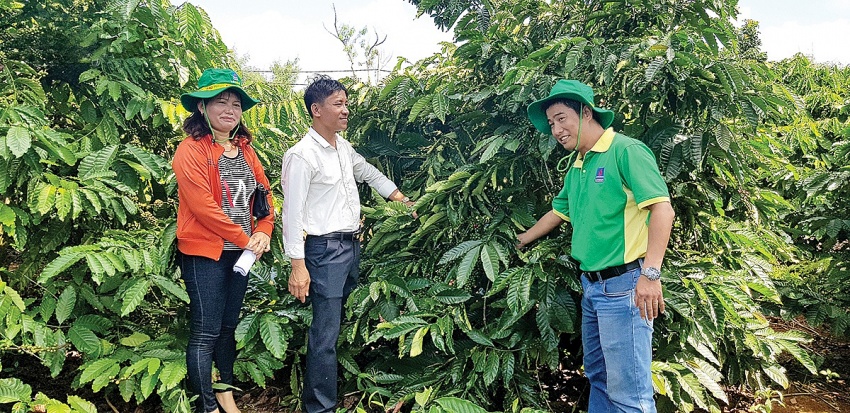
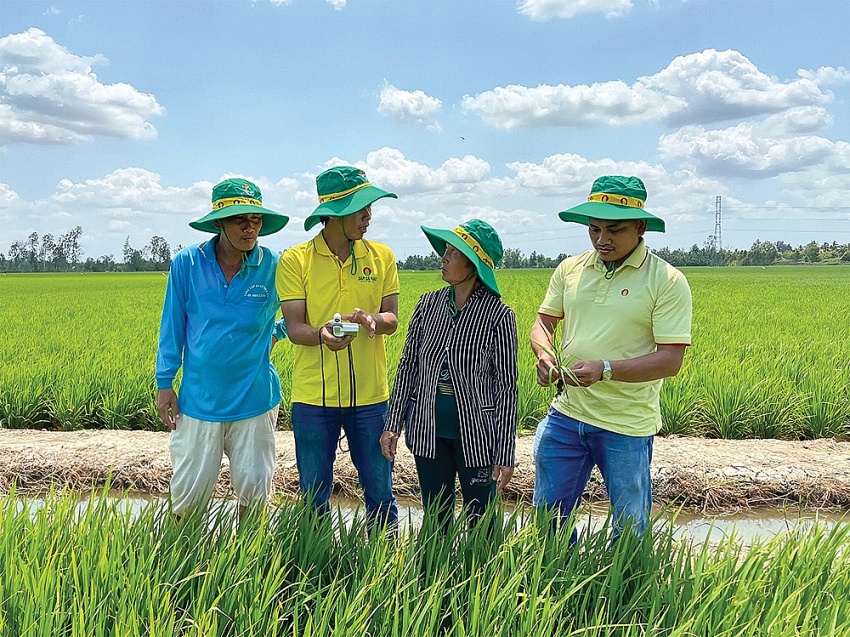


![[Photo] Prime Minister Pham Minh Chinh receives the delegation of the Semiconductor Manufacturing International (SEMI)](https://vphoto.vietnam.vn/thumb/1200x675/vietnam/resource/IMAGE/2025/11/06/1762434628831_dsc-0219-jpg.webp)
![[Photo] Closing of the 14th Conference of the 13th Party Central Committee](https://vphoto.vietnam.vn/thumb/1200x675/vietnam/resource/IMAGE/2025/11/06/1762404919012_a1-bnd-5975-5183-jpg.webp)










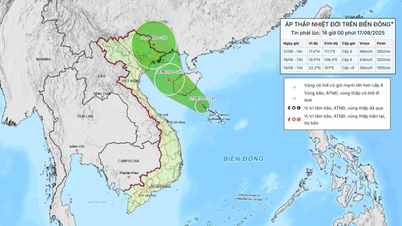


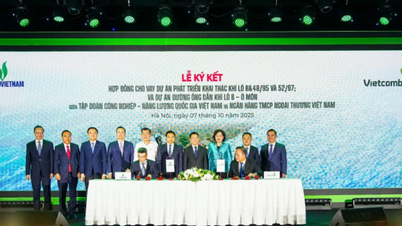



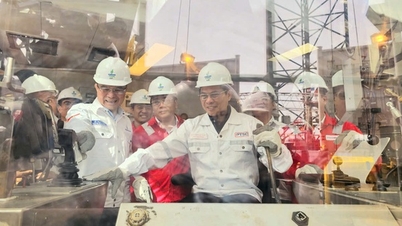

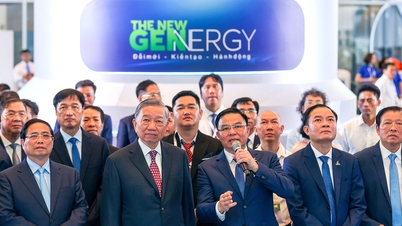





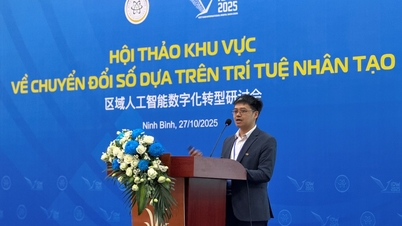

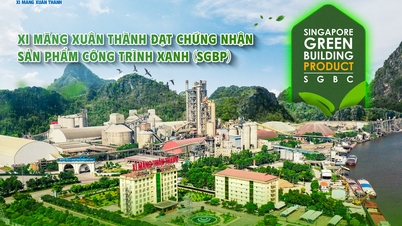

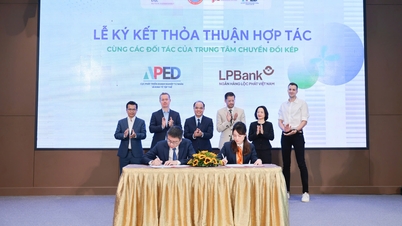






































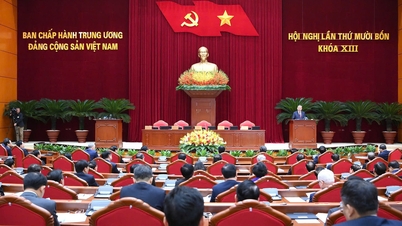

















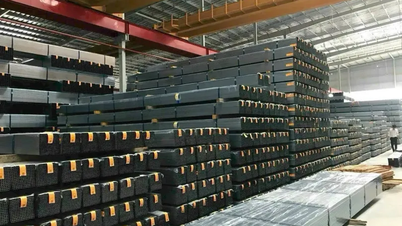



















Comment (0)